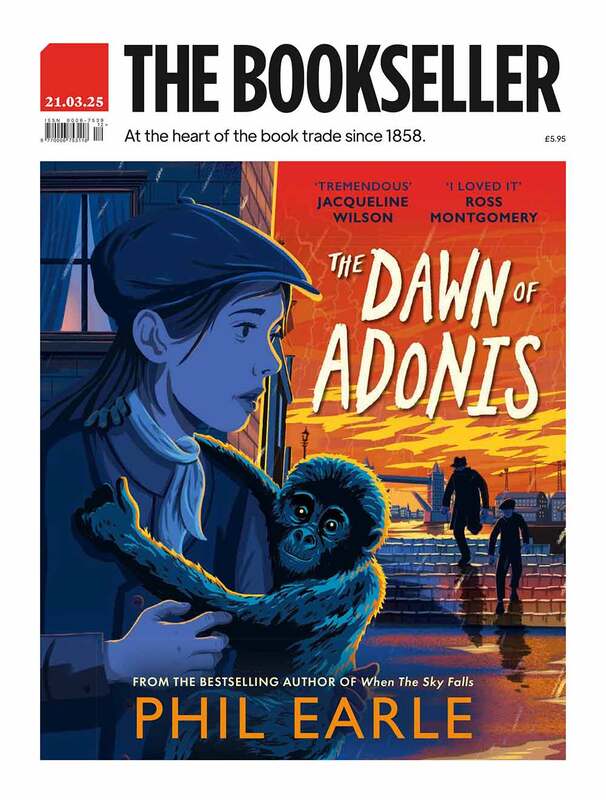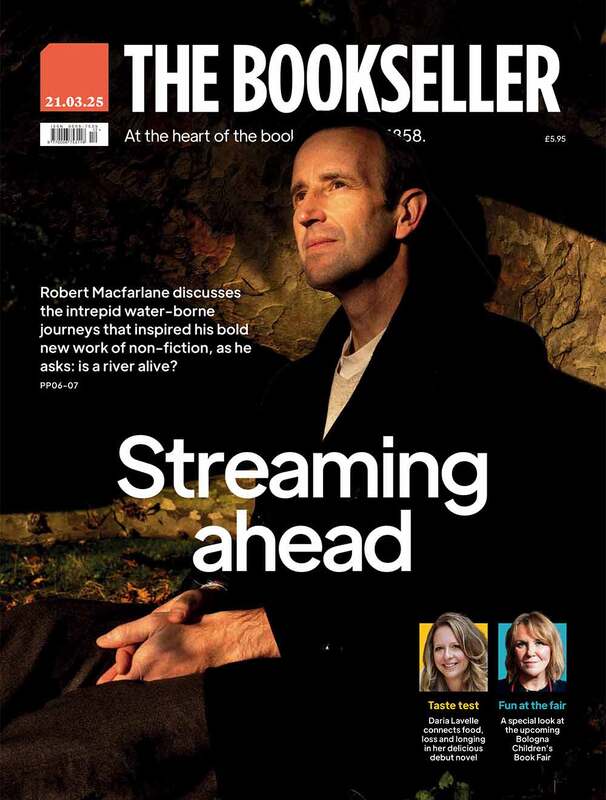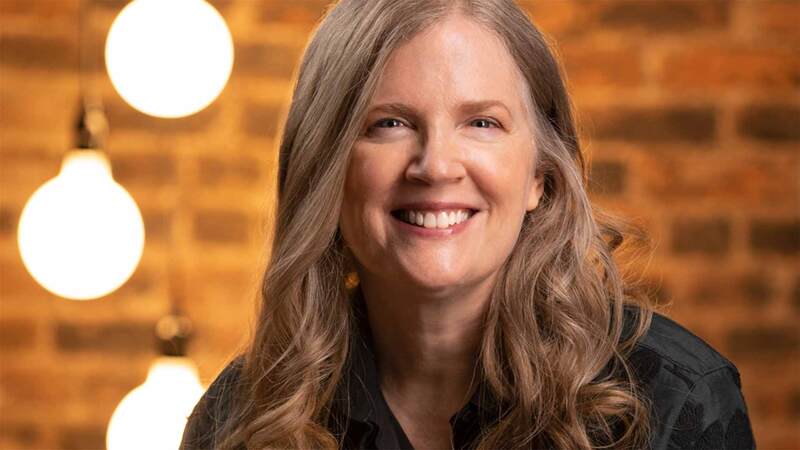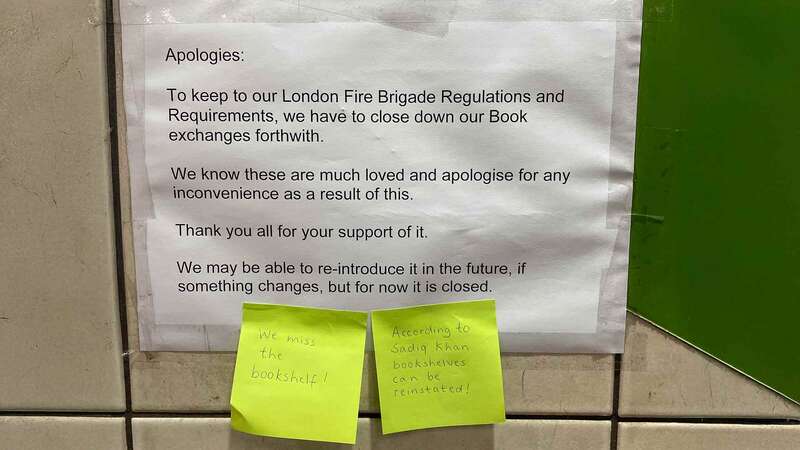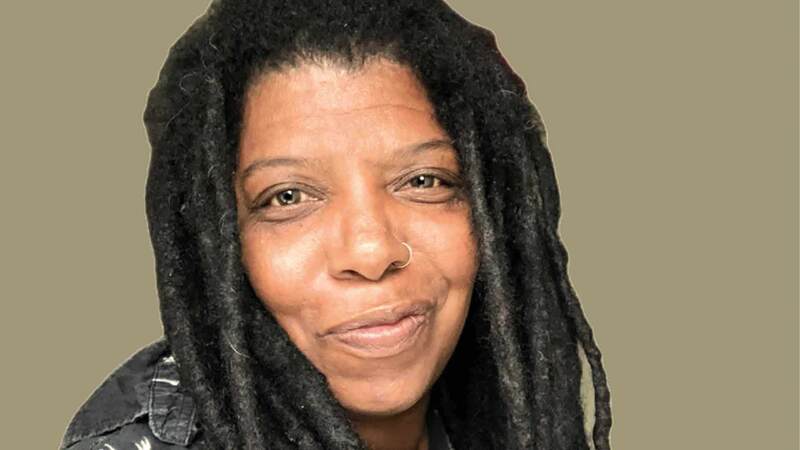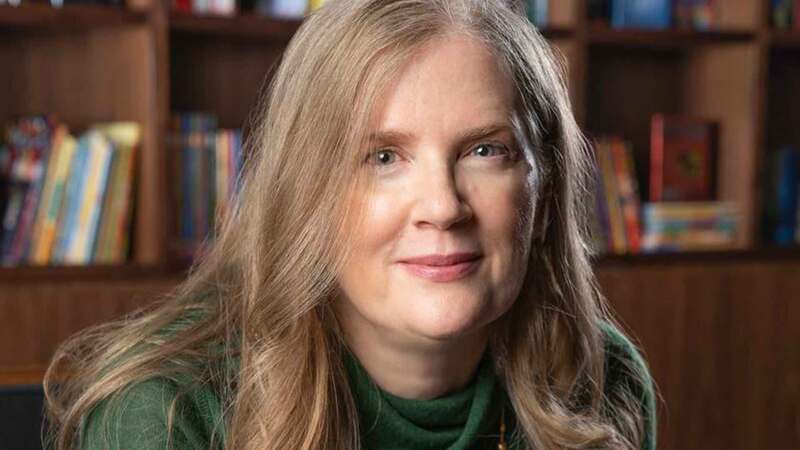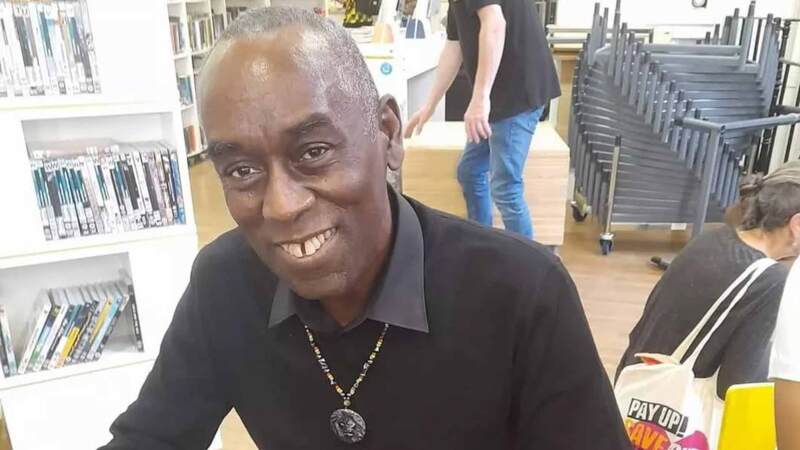You are viewing your 1 free article this month. Login to read more articles.
Pressure mounts on book review coverage
Pressure is continuing on book review coverage, with the axing of half the Press Association's output, and some women’s magazines scrapping their dedicated books editor role, The Bookseller has been told.
However, there is cause for optimism, with the Times Literary Supplement showing vastly improved sales, the White Review embarking on paid review space online, and a roster of new appointments.
In July last year, The Bookseller reported the “shock” and “concern” of the book publicists following the departures of leading literary journalists including the Telegraph’s children’s specialist Lorna Bradbury, the Independent/Independent on Sunday’s Arifa Akbar and Katy Guest as the publication went online only— as well as the closure of the Guardian’s children’s books site and the Guardian First Book Award.
Since then, a number of publications have continued the scaling back of books coverage, including the Guardian’s website, Glamour magazine and the Press Association (PA).
The PA recently halved its book review output after an audit last year showed regional papers were only using "a handful" of the reviews. Kate Whiting, deputy features editor and book reviews editor at PA, said: “Five years ago we ran 10 to 12 reviews of 150-200 words. We beefed up the Book of The Week to 350 words, then the number of reviews slowly dropped until an audit of usage last year found regional papers were only using a handful of them.
“So we now put out five a week - usually three fiction, one non-fiction and a children's Book of The Week. Happily, there are still plenty of outlets for books coverage at PA, particularly the weekly author interview we run, and a monthly round-up on our new Lifestyle digital service, which has so far proved popular.”
Glamour’s dedicated book editor, Kerry Potter, departed last month after three years, and is believed not to be being replaced. Amy Rowland, who previously oversaw the books pages for Bella, will also now look after the coverage for Bauer Media stable-mate, Closer, after becoming its deputy features editor. Rowland told The Bookseller: "I shall be looking after books at Bella and Closer. Books are a very important part to both titles so will still be given the space they currently have.
"Bella did used to cover three books a week which shrank to just one about 18 months ago to make room for apps and events which was very frustrating. But nothing will be changing in the immediate future. Our readers are very much fiction fans – we’ve even got an e-book offer on the cover of Bella today (15th August)."
Elle has reaffirmed its commitment to books with the recent appointed of Marta Bausells, European editor-at-large of online literature magazine Literary Hub, as its literary editor to replace Sharmaine Lovegrove, who recently joined Little, Brown to head up its Dialogue Books imprint.
However the Sun's books editor Natasha Harding also revealed recent cuts to the book review output. She said: "Unfortunately, the book coverage isn't as extensive as it was this time last year. At the moment there is a column for book reviews each Friday in the Something for the Weekend section. I'm trying my best to make sure that there is something that appeals to man, woman and child each week. We will continue to cover books in the main paper on an as and when basis. I'm doing my bit to continuing championing books wherever possible and sending ideas for relevant round ups and extracts."
One publicist, speaking anonymously, told The Bookseller that “even in the past six months I’ve noticed a decrease in the number of in-house literary and book journalists, although mostly in magazines”. The source said: “There are the same number of journalists there, it’s just they’re not in stable in-house positions or attached to specific publications. They’re being pushed off staff and into a freelancer positions to save costs.”
This was echoed by a journalist who said that some publications were salvaging book space by appointing more junior people into the roles. They said: “The books pages of some newspapers may have been spared from having their space cut because budget savings were made last year when literary editors were made redundant and replaced by people on lower salaries.”
One journalist, who wished to remain anonymous, said: “Magazines are definitely binning their books editors and taking that role in-house, splitting reviewing books among various staff members, who already have giant workloads.”
They said: “It's a massive shame and ultimately creates a lack of depth in magazines' arts coverage. It means you still get a few cursory reviews in the mag, but no one on staff has the time or industry overview to do trend pieces, spot hotshot debut authors who would write great features for the mag, of sniff out memoirs or first person stories for extract in the magazine.”
The “diminishing” paperback coverage was singled out as a concern by Vintage publicity director Joe Pickering. He said he noticed fewer articles arriving in his morning round-up of coverage. He told The Bookseller: “Coverage is still under threat… it is so, so hard getting paperback coverage and it is always getting a bit harder.”
Pickering also lamented the recent loss of Nicholas Lezard’s weekly paperback review column for the Guardian website which finished in June after many years. He said: “In the Guardian Review they would feature 10 paperbacks but now there seems to be only three fiction and three non-fiction… and the reduction of [book] space in the Metro is a terrible loss.”
Pickering praised the journalists he worked with and described Sunday Times literary editor Andrew Holgate as “stretched as a rubber band” and the Telegraph’s only full-time books journalist Iona McLaren resembling “Atlas bearing the weight of the world on her shoulders” because of the wide remit of her role.
Pickering revealed he sometimes feels like “banging my head against my desk” but wants to continue working in books publicity. He said: “If Andrew Holgate was to leave or the Guardian Review was to fold then I would go.”
Andrew Holgate himself said he believed 2017 had not seen a dramatic diminution of space. He told The Bookseller: “Certainly there's no lessening of space at either the Sunday Times or the Times, or loss of reviewers - in fact, I would say, both papers are aiming to strengthen their roster of reviewers.”
Holgate also revealed that next month the Sunday Times and the Times are starting a books-focused Facebook group, “a world away from what the fairly static books pages of old used to do”. He also revealed that the two newspapers get “very high open rates for their books newsletter… often around 50%”.
Some spoke to The Bookseller of a “resurgence” in the literary space with new appointments and expanded dedicated online space.
Orlando Bird has recently been appointed to work on the Telegraph’s book pages, on the fiction desk in a part-time capacity, joining literary editor Iona McLaren, following last year’s departure of Bradbury. James Marriott is understood to have replaced Fiona Wilson as books commissioning editor at the Times after she became new projects editor at indie publisher Unbound.
Certain literary magazines also appear to be enjoying a boom of popularity and showing innovation in difficult conditions.
Since Stig Abell took over as editor of the News International-owned Times Literary Supplement in 2016, it has recorded its highest sale for six years with total circulation up more than a quarter (27%) year on year to 32,166.
Meanwhile the White Review’s editors, Jacques Testard and Ben Eastham, have revealed to The Bookseller that the quarterly literary publication will launch a new review space online.
New editors Željka Marošević and Francesca Wade will take over from Testard and Eastham to oversee “a shift in focus in the magazine’s online output towards criticism at a time when serious review coverage for both art and literature is becoming increasingly scarce”. A kickstarter campaign will launch on 23rd August to pay reviewers.
Testard said: “This is a conscious decision we have made because we feel the White Review is in a good position to try to provide space for serious, considered criticism where many others are no longer able to, and in some instances to cover books and exhibitions that mainstream media are unlikely to.”
This echoes publicist Nikki Barrow’s belief that the “resurgence” in “small, sharp and snappy independent publishers… is mighty exciting”.
The c.e.o of Mander Barrow PR, said: “Yes, [the media] is leaner and we have lost some key individuals, and running outfits on skeleton staff is never a good thing, but let’s find the silver lining: it means that there is no patience for shabby or flabby publishing.”
Katy MacMillan-Scott, campaigns director at Riot Communications, cited the expansion of Radio 4’s "Front Row" to BBC Two, announced last week, as an encouraging sign. She added: “Another very effective publicity tool is the podcast - whilst relatively niche in comparison to live radio, it's great for targeted audiences, especially 18 to 34 year olds.”
Pickering is more cautiously optimistic about the television debut of "Front Row". He said: “It could be one step forward and two steps back if they end up reducing it on the radio… I don’t think they would do that though because it’s still so culturally important. It will be interesting to see how much books coverage they have on the TV show.”’
He emphasised how important the print media remains in promoting books and said: “Printed media to me still seems so important. Online is more nebulous and less tangible.
“A particularly good review in the Sunday Times or the Guardian…has a huge effect that nothing online can match.”

